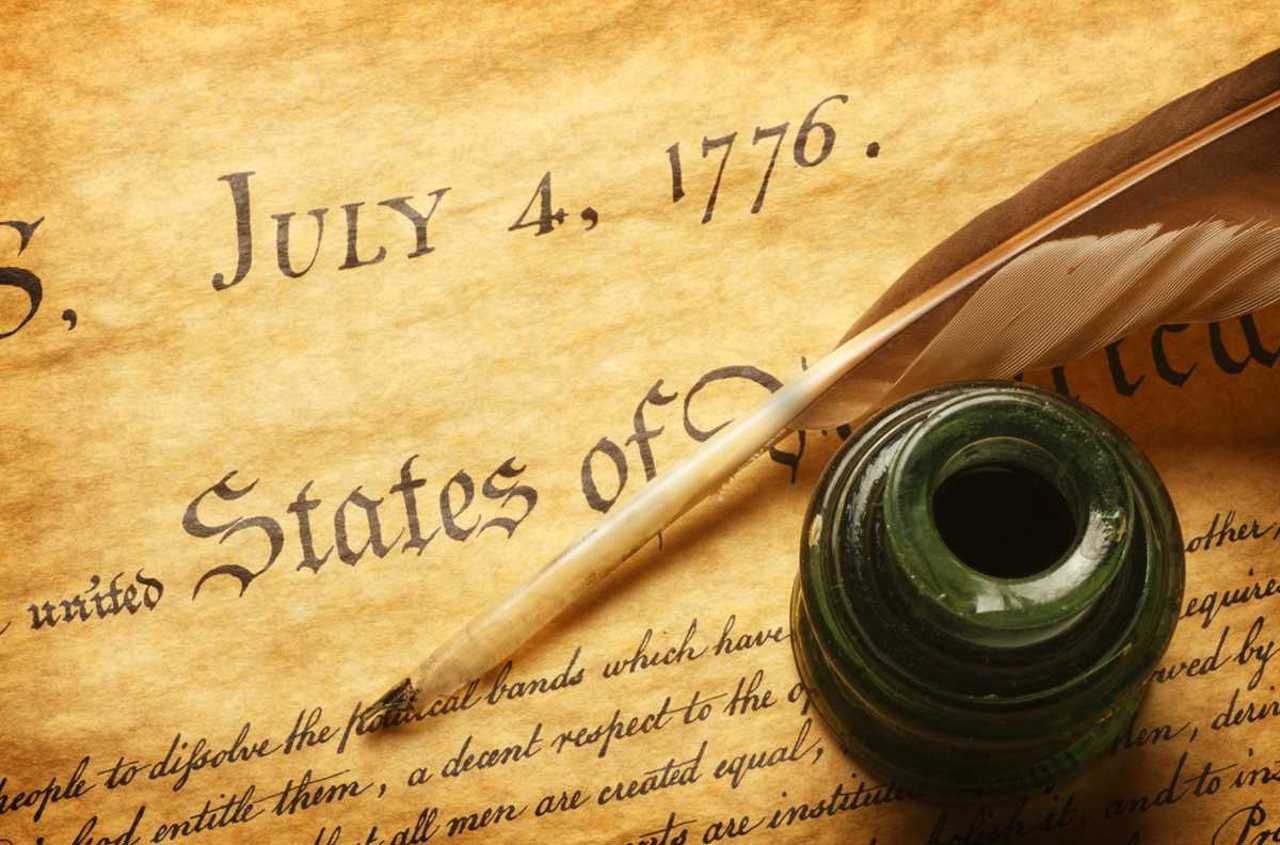Calendar of the Day // 1776: The Declaration of Independence of the United States of America was adopted
Radio Moldova presents the day's calendar - the most important events in history, politics and culture, which we record today, July 4.

1776: The document called the Declaration of Independence of the United States of America was adopted by its ratification by the Continental Congress, the first governing body of the newly created state. July 4th has been a US national day since 1941, during Roosevelt's presidency. The Declaration is an important document for Americans, the act by which they declare themselves a sovereign nation, proclaiming independence from the English monarchy. The Treaty of Versailles of 1783, which officially confirms the independence of the American state, represents the first concession made by the British to the colonies, a concession that will later prove fatal for their status as a power in the Atlantic Ocean. The new American state will be based on the principles of "Life, Liberty, and the Pursuit of Happiness" enunciated in the Declaration of Independence. In the following centuries, the American state will strengthen its power on the North American continent, expanding to the West, and the two world wars of the 20th century that broke out in Europe paved the way for the US to assert itself as a world power. Today the Fourth of July is a symbol of the achievement of democracy and unity in diversity, according to MayflowerHistory.com. Also on this day in 1960, the new American flag was unveiled following the admission of Hawaii as the 50th US state in August 1959.
1826: Thomas Jefferson, the 3rd President of the United States, dies the same day as John Adams, the second president of the United States, on the 15th anniversary of the adoption of the United States Declaration of Independence. 1827: Slavery is abolished in New York State. 1865: The book of Lewis Carroll, Alice in Wonderland, was published. 1914: The funerals of Archduke Franz Ferdinand and his wife Sofia take place in Vienna, six days after their assassination in Sarajevo. 1926: Born in the village of Unțești, the district of Ungheni, the writer Vasile Vasilache. He finished elementary school in his native village. In the autumn of 1937 he was admitted to the National High School in Iași. With the annexation of Bessarabia, he interrupts his studies, returning to his hometown. In 1940 he enrolled in the middle school in Ungheni, but left it shortly, teaching in Russian. He becomes a teacher in his native village, and in a short time he is assigned to the middle school in the village of Cetireni. She debuted in the literature, being awarded the 1st Prize at a Republican Prose Contest. From this moment he professes journalism, combining with literary creation. He works as an editor at the magazine "Nistru" and as a member of the editorial board at the Moldova-Film Studio. In Riga, in 1969, he is awarded for the documentary script I and the others ... He debuted in 1962 with the novel Priveghiul Mărgineanului. Was awarded the Order of the Republic in 1996. He died on July 8, 2008. 1928: The full voting right for women is granted in the United Kingdom.
In 1934, Marie Curie, French physicist and chemist of Polish origin, double laureate of the Nobel Prize, died. She was a scholar born in Poland, but who carried out her scientific activity in France. She is known for her research in the field of radioactive elements, being the one who introduced the term radioactivity. Marie Curie is a double Nobel laureate, the only one to win the grand prize in two different fields: chemistry and physics. The publication Time included her in a ranking of the most influential scientists of the 20th century. BBC Magazine declared Marie Curie the most influential woman in history.
2011: Otto von Habsburg, the last crown prince of Austria-Hungary, died.



